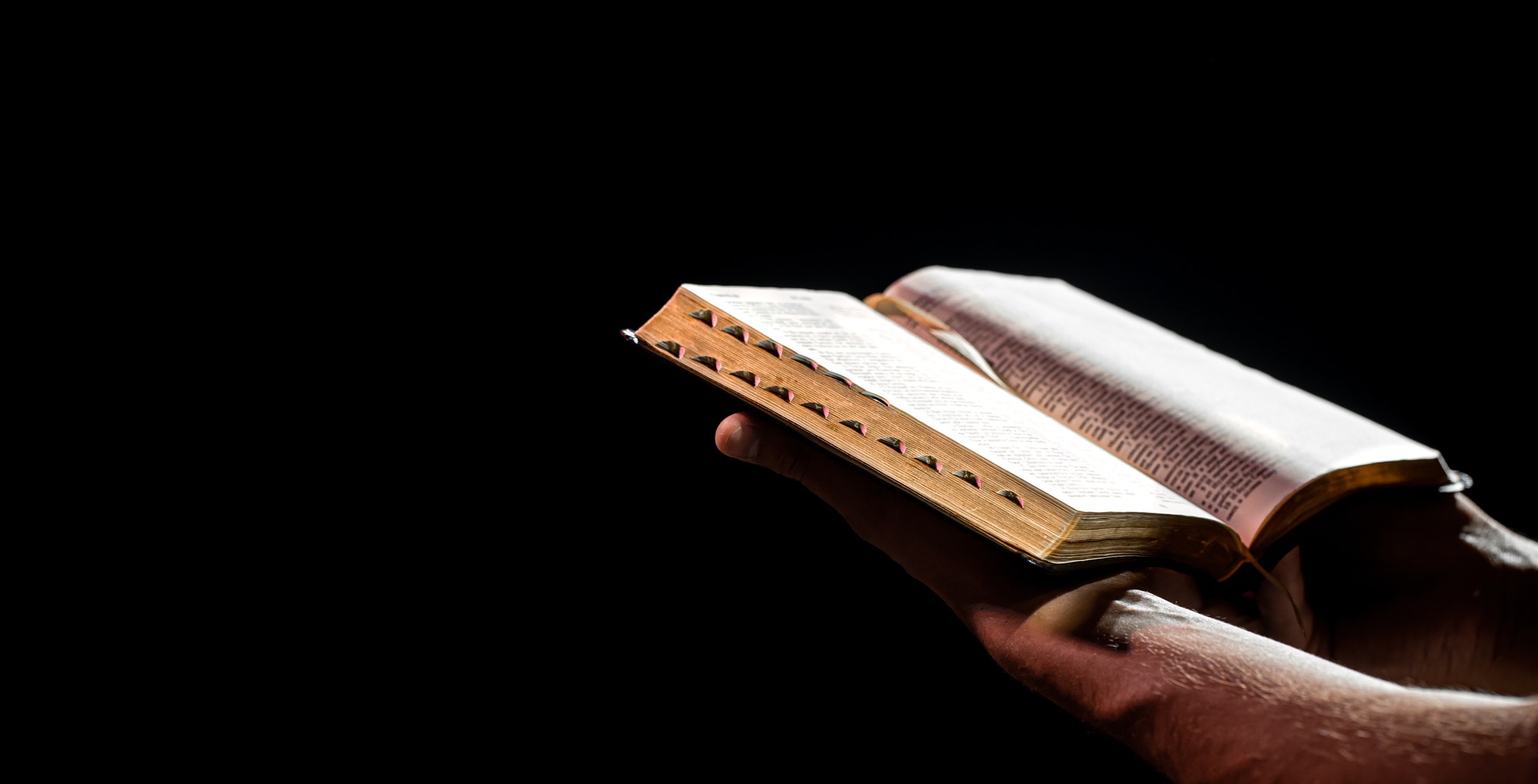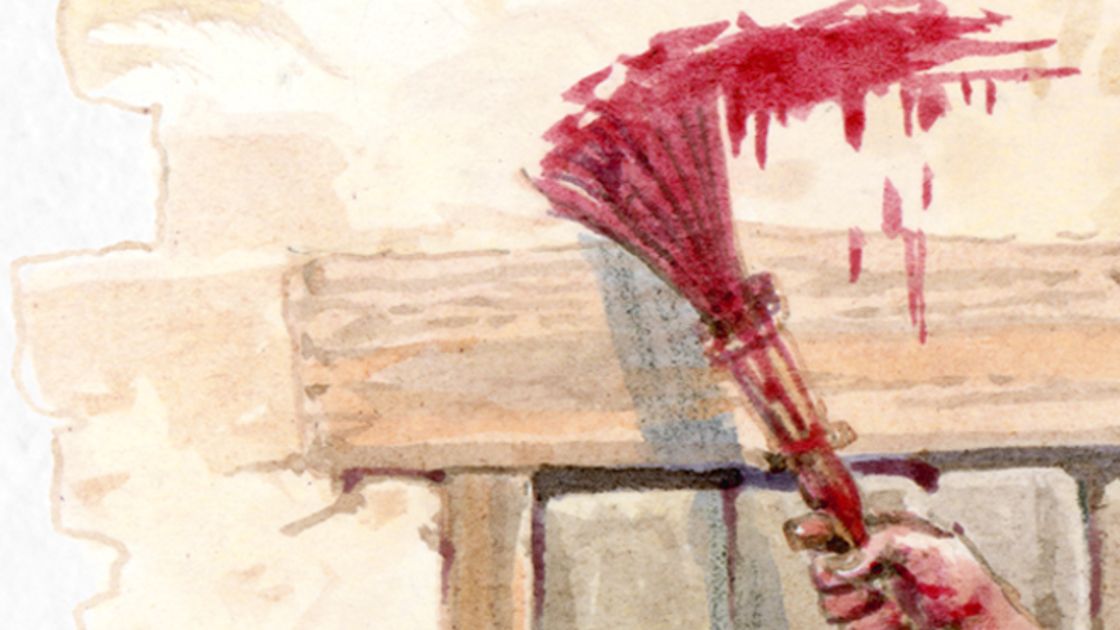Isaiah 27:12-13
A great trumpet being blown, in Isaiah 27, appears to be either the seventh trumpet (Feast of Trumpets) or the Jubilee trumpet (Day of Atonement). The context says that God is going to bring the children of Israel back into their land, showing God making a judgment that involves, not only the people of Israel, but also the land of Israel.
Usually when threshing is done, the Bible shows the grain either laid on a firm surface and then beaten with a stick, or taken in hand and beaten against something solid, like a wall. The purpose for this is to break the wheat berries from the stock, and it generally takes force to achieve the desired result of this task. In Isaiah 27, the word “thresh” does not indicate that kind of threshing, but it does indicate a method that is more careful and gentle. This word is applied when a person gently strikes an individual piece of fruit from the branch, or when the tree is gently shaken so that the fruit falls out.
The timing of the future fulfillment of Isaiah 27 appears to be when the children of Israel will not be in a condition in which they will need to be beaten. Taking all of the scriptures on this together, we find that they will be returning to their land weeping and their wild spirit will be have been broken. It appears that that the Israelites will have been broken through the time of Jacob’s trouble, the Great Tribulation and the Day of the Lord.
It is God’s judgment that the children of Israel will need much concern and nurture. It appears that His actions are not just a separation from the nations, but that an act of purification. The Feast of Trumpets is a time of judgment and the Day of Atonement is time of purification. That judgment ends at the sounding of the trumpet and a decision, regarding each person that has been called unto salvation, will be rendered by Jesus Christ. In the acceptable year of the Lord, on the Day of Atonement, Israel will be set free from the future slavery and redeemed from their sin.




